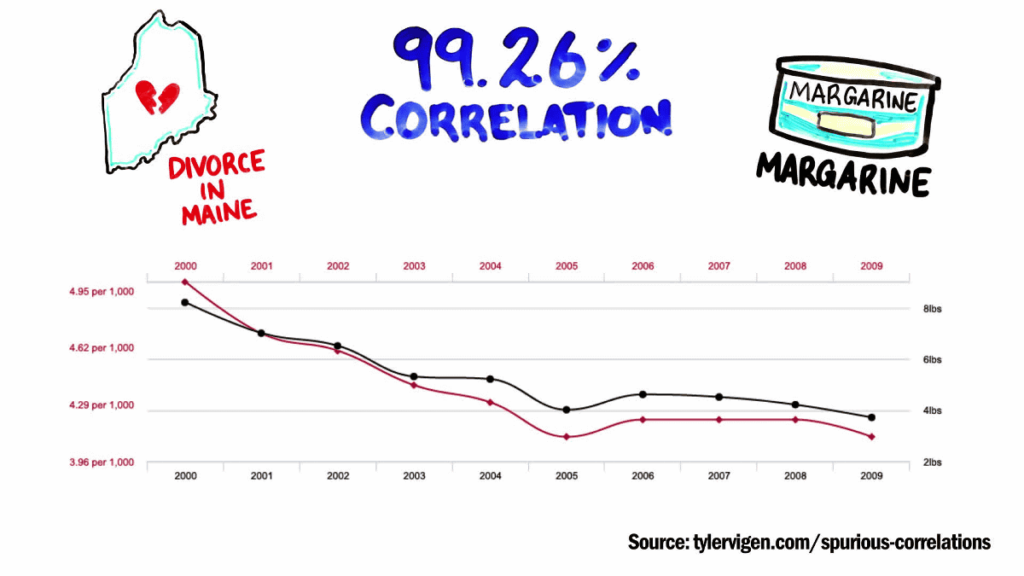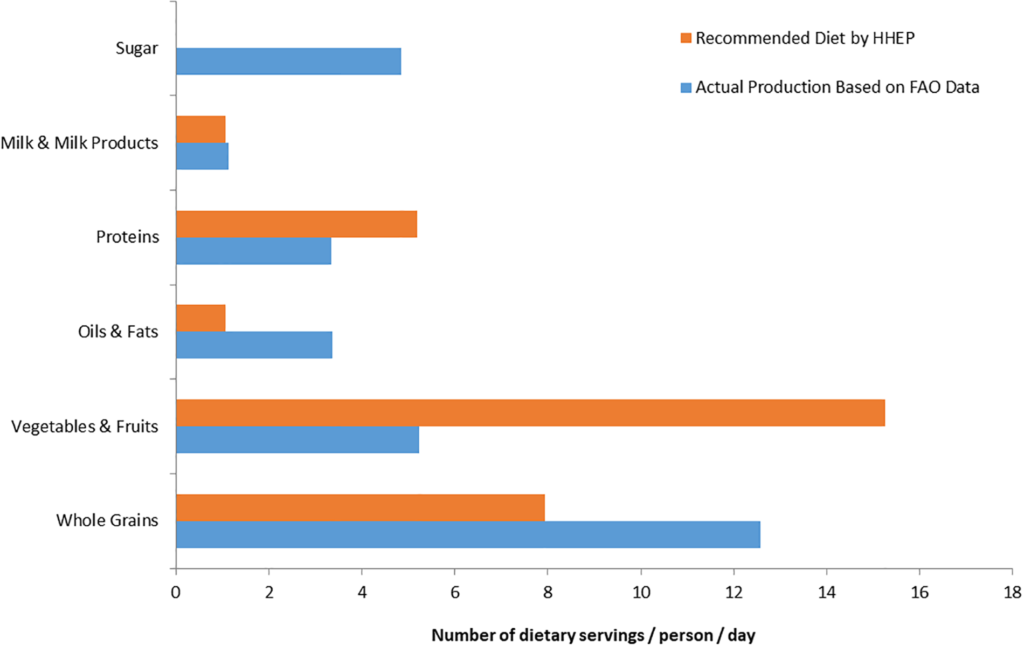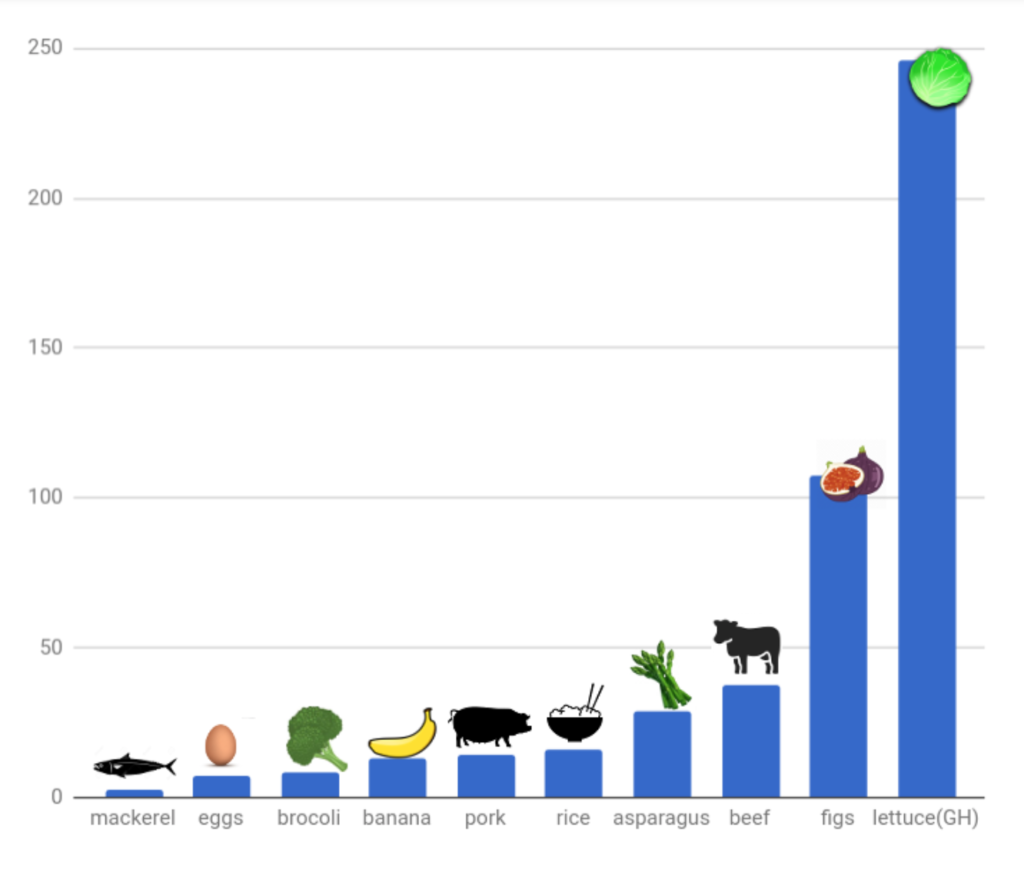
Two years ago, I wrote this post on why a sugar tax was a bad idea because it could lead to a meat tax. Yesterday, the internet was buzzing with news of a new study on PLOS, suggesting the health and environmental benefits of a meat tax. Surprise!
The researchers modeled what the “benefits” would be if processed meats were taxed at a global average of 25% (100% in high-income countries) and red meat would increase an average of 4% (20% in high-income countries). According to their calculations, processed meat consumption would decrease by by an average of 16%, while red meat intake would remain the same. Under their plan, they projected a 9% reduction in death and 14% savings in healthcare costs globally. But does this make any sense?
Red meat is a health food
There is no causal relationship between red meat and cancer. Period. Studies linking red meat to cancer are based on epidemiology, showing a link but cannot show cause. Just because eating something is associated with an outcome, doesn’t mean that particular food is necessarily what caused the problem.
[Tweet “We should NOT be setting any sort of food policy based on epidemiology. “]
Associations can be made between all sorts of things, like margarine consumption and the divorce rate in Maine:

Even though the researchers feel that over 4% of all deaths are related to meat consumption, I beg to differ. One very large study looking at over 240,000 people adjusted for confounding factors (like smoking, drinking, and other lifestyle factors), and found that there is no difference in mortality between meat eaters and vegetarians.
Eating meat does not cause type 2 diabetes. This claim is just ridiculous and not backed by science. I’m moving on.
The link between bacon and colon cancer is also completely overblown. The odds of developing colon cancer from eating bacon are statistically insignificant. The risk of developing cancer from eating about 2 pieces of bacon per day is 18%, which sounds high, but really when you consider the average risk of developing colon cancer is 5%, eating bacon would only increase your risk to 6%. That’s a lot different than smoking cigarettes, which raises your risk of cancer by 2360%.
[Tweet “Bacon is NOT the same as smoking cigarettes. “]
We’re not having a problem producing enough nutrient-poor carbohydrates or enough fat. What we need for people, especially those who are overweight or have metabolic syndrome/type 2 diabetes, is protein. The best source of protein is animals. Animal flesh is a more nutrient-dense, bioavailable, complete protein and happens to have fewer calories per gram than plants. Read more on that here.
One study that looked at the health implications of removing animals from our diet found that our overall caloric intake would increase, and increased deficiencies in Ca, protein, vitamin A, and vitamin D. Furthermore, the paper found that eliminating all animals from our food system would only decrease US agricultural emissions by 2.6%.
On top of this, a recent study found that if everyone ate the recommended fruits, vegetables and proteins, we wouldn’t have enough of them.
“Results show that the global system currently overproduces grains, fats and sugars, while production of fruits and vegetables and, to a smaller degree, protein is not sufficient to meet the nutritional needs of the current population.”

Global food production (blue bars) are from FAO (2011) data and nutritional recommendations (orange bars) are based on Harvard University Healthy Eating Plate model. All data are displayed in dietary servings following the CFG [17] and USDA guidelines [23]. https://doi.org/10.1371/journal.pone.0205683.g001
Let’s move onto the environmental argument now. The researchers claim that livestock-related greenhouse gas (GHG) emissions are 14%. This figure has been highly scrutinized because a full accounting was made for the life cycle of cattle, yet only emissions were calculated for transportation. In 2010, the author admitted that the calculations were incorrect. It was irresponsible of the authors to use this number. The EPA attributes 9% of GHG emissions to agriculture, and only 2% of all livestock emissions.
Instead of looking at straight emissions of cows, let’s look at total emissions on a per gram of protein basis (because, let’s face it, lettuce has the nutritional value of toilet paper).

Maybe we need “Fig-Free-Fridays” or “Lettuce-Free-Lunches”?
One more important fact to consider is that cattle can graze on land that we cannot crop. So while all of the other food groups here rely on cropland, cattle can up-cycle food we can’t eat (grass) on land we can’t crop (pasture). While doing this, they can sequester carbon. Lettuce can’t do that. More on that here and here.
With half of Americans overweight or obese, do we need more nutrient-poor foods that spike insulin and increase inflammation (hyper-palatable processed foods) or do we want more real foods?
When we consider how we’ve ruined our soils, with less than 60 years of farming left, do we want more chemical mono-cropping that destroys ecosystems, or more regenerative agriculture (which includes cattle)?
If protein is the most satiating macronutrient, and animal protein as the best source of protein, and beef being more nutrient-dense than chicken or lentils, and with Vitamin B12 and Iron as the leading nutrient deficiencies worldwide, and when cattle can sequester carbon, increase the water-holding capacity of the soil, and increase biodiversity, do we really want to continue vilifying cattle?
Since our governments can’t seem to get it right with dietary guidelines, should they really be in the business of taxing foods that they think are not healthy? When we’re sick because of so many grain-based products, and grains are subsidized, is it fair then to blame animal proteins for our failing health and tax us for eating protein?
How about this – encourage more regenerative agriculture, which will save our agricultural land and sequester carbon. This means more cattle eating grass, full of B12, Iron, and low-calorie, highly satiating, blood sugar regulating protein.








